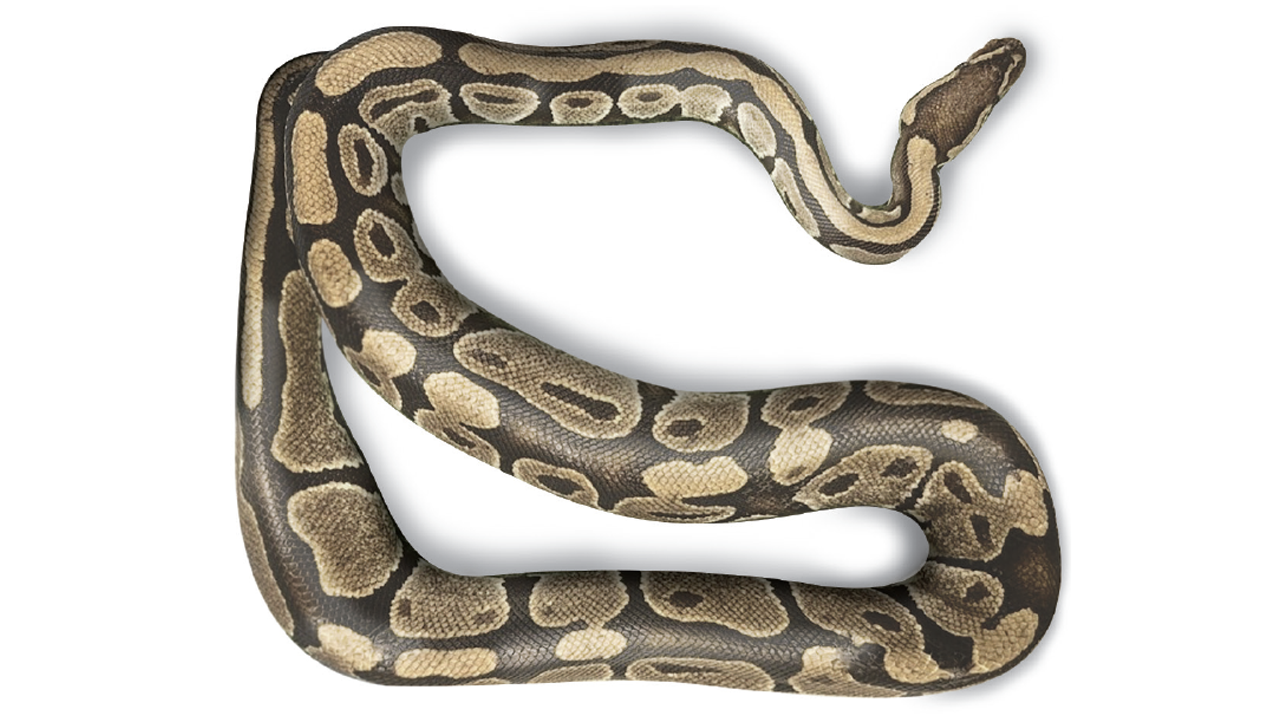
Discoveries

Temporomandibular Joint Prosthesis for Cats and Dogs
UC Davis veterinarians have gained patent pending status on a jaw joint replacement implant for cats and dogs with end-stage temporomandibular joint (TMJ) disorders. The group’s TMJ replacement (TMJR) prosthesis could revolutionize treatment for pets with non-functioning TMJs, either due to injury or disease.
The TMJR implant is loosely based on the FDA-approved TMJR used in humans, but designed with the needs of animals in mind. For example, an animal’s jaw only needs to move up and down, not side to side or forward and backward like a human’s jaw. The new implant is described as a hybrid between the human TMJR and a hip replacement implant. It uses a plate affixed to the mandible with a neck and head that fits into a socket affixed to the skull. Evaluation of the mechanical properties of the TMJR showed that joint motion is not demonstrably different from the native TMJ, with the ability to fully open and close the mouth with stability.
As the team establishes a path to clinical use, their work continues to assess if the implant can sustain forces and not immediately fail or dislodge. This will be followed by “fatigue testing” in which the joint will be opened and closed up to 500,000 times to test longevity. They will soon begin evaluating suitable patients to be the first cases in a pre-clinical trial of the TMJR implant as a compassionate use model. Read more here.

Keto Diet Prevents Early Memory Decline in Mice
UC Davis researchers found that a ketogenic diet significantly delays the early stages of Alzheimer’s-related memory loss in mice, which is comparable to mild cognitive impairment in humans that precedes full-blown Alzheimer’s disease. The study was published in the Nature Group journal Communications Biology.
The ketogenic diet is a low-carbohydrate, high fat and moderate protein diet, which shifts the body’s metabolism from using glucose as the main fuel source to burning fat and producing ketones for energy. UC Davis researchers previously found that mice lived 13% longer on ketogenic diets. The new study found that the molecule beta-hydroxybutyrate, or BHB, increases nearly seven-fold on the ketogenic diet and plays a pivotal role in preventing early memory decline.
They also found that the ketogenic diet mice exhibited significant increases in the biochemical pathways related to memory formation. The keto diet also seemed to benefit females more than males and resulted in higher levels of BHB in females. The research team is optimistic about the potential impact on healthy aging and plans to delve further into the subject with future studies.

Preventing Deadly FIP in Cats
Feline infectious peritonitis (FIP) is a devastating disease caused by feline coronavirus. Assistant Professor Terza Brostoff and a team of UC Davis infectious disease and biomedical engineering professionals have spent the past three years creating a vaccine to prevent the often fatal condition in young cats.
In early 2021, during the height of the COVID-19 pandemic when multiple mRNA coronavirus vaccines were being developed in human medicine, laboratory technician Hongwei Liu had the idea that the same techniques could be applied to developing an FIP vaccine. Liu has spent 20 years in molecular biology, virology, and immunology and was a laboratory technician in Dr. Niels Pedersen’s groundbreaking FIP research. She approached Professor Patricia Pesavento about developing an mRNA vaccine for FIP who quickly helped pull together a multidisciplinary team.
The team has successfully created an mRNA vaccine that targets structural proteins inside the virus. They published the research and development results in the medical journal, Vaccines, and have filed a patent for the vaccine. The Center for Companion Animal Health and SOCK-FIP are helping fund initial clinical studies in kittens, while the team is also seeking additional funding to further this work.

Spay/Neuter Guidelines for Dogs Updated
UC Davis researchers updated guidelines on when to neuter 40 popular dog varieties by breed and sex. Their publication in Frontiers in Veterinary Science adds five breeds to research that began in 2013 with a study that suggested that early neutering of golden retrievers puts them at increased risk of joint diseases and certain cancers
They specifically looked at the correlation between neutering or spaying a dog before 1 year of age and a dog’s risk of developing certain cancers. These include cancers of the lymph nodes, bones, blood vessels or mast cell tumors for some breeds; and joint disorders such as hip or elbow dysplasia, or cranial cruciate ligament tears. Joint disorders and cancers are of particular interest because neutering removes sex hormones that play key roles in important body processes such as closure of bone growth plates.
For the recent study, they focused on German short/wirehaired pointer, mastiff, Newfoundland, Rhodesian ridgeback and Siberian husky. The results showed major differences among these breeds for developing joint disorders and cancers when neutered early. The updated guidelines emphasize the importance of personalized decisions regarding the neutering of dogs, considering the dog’s breed, sex and context.
